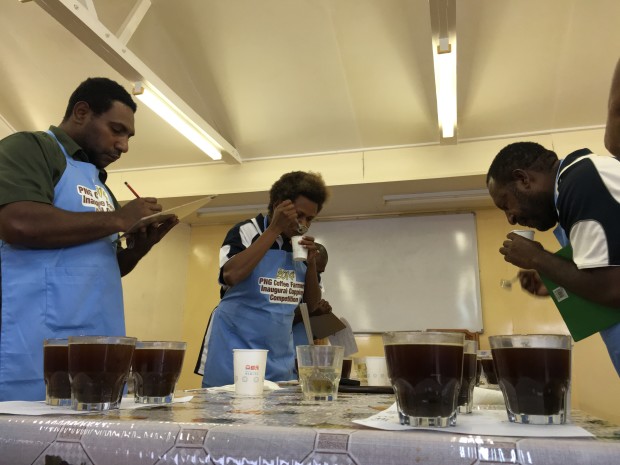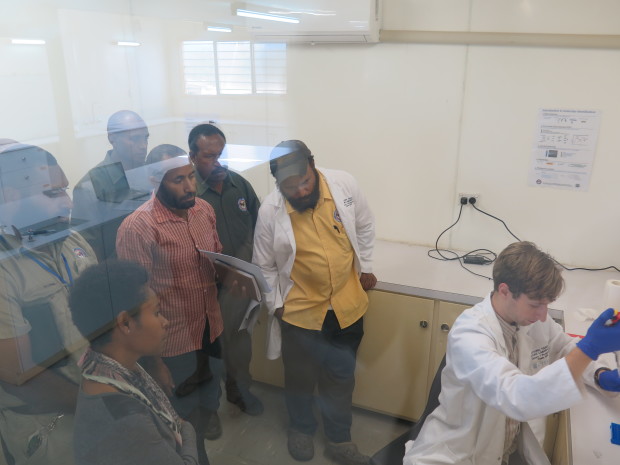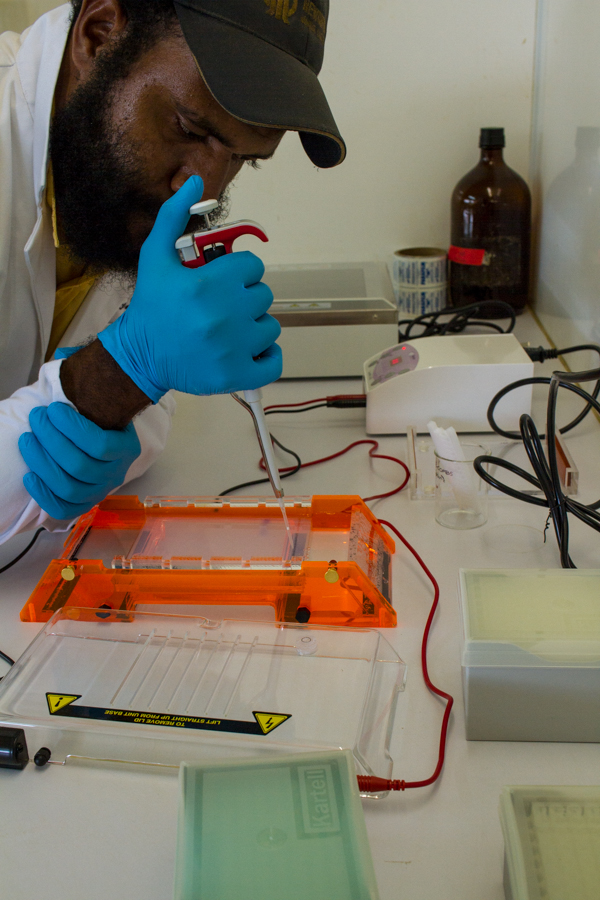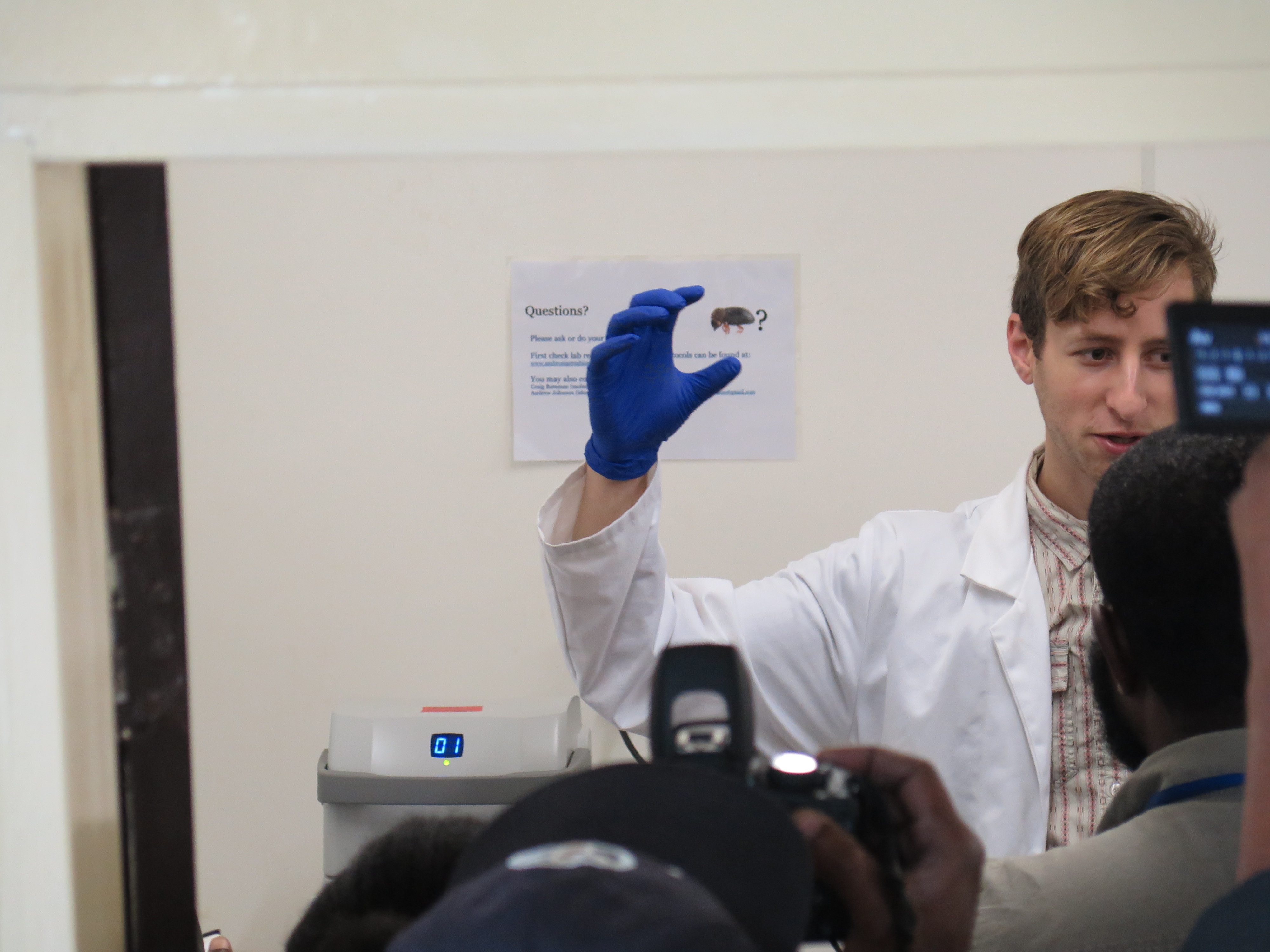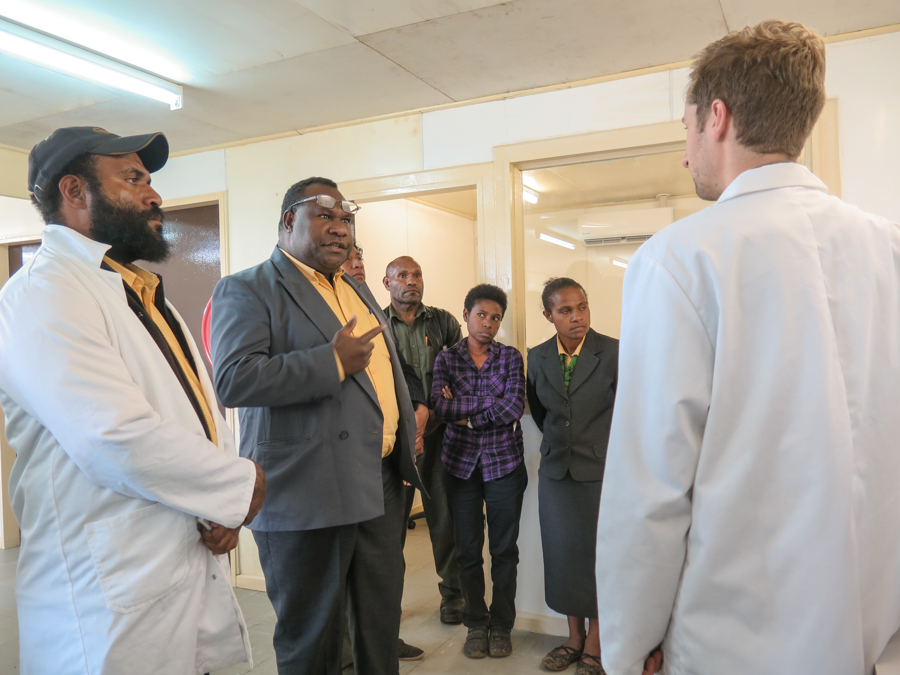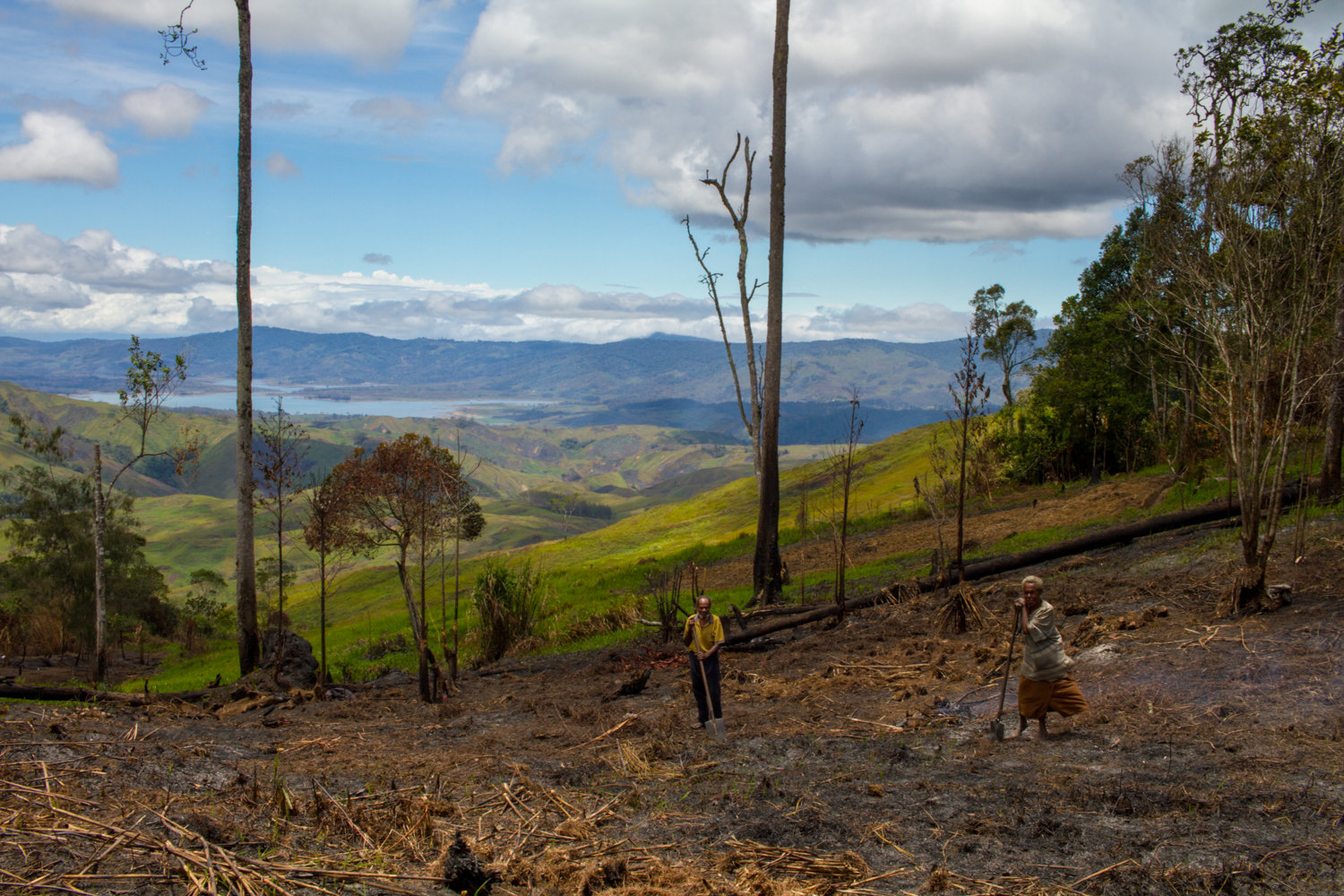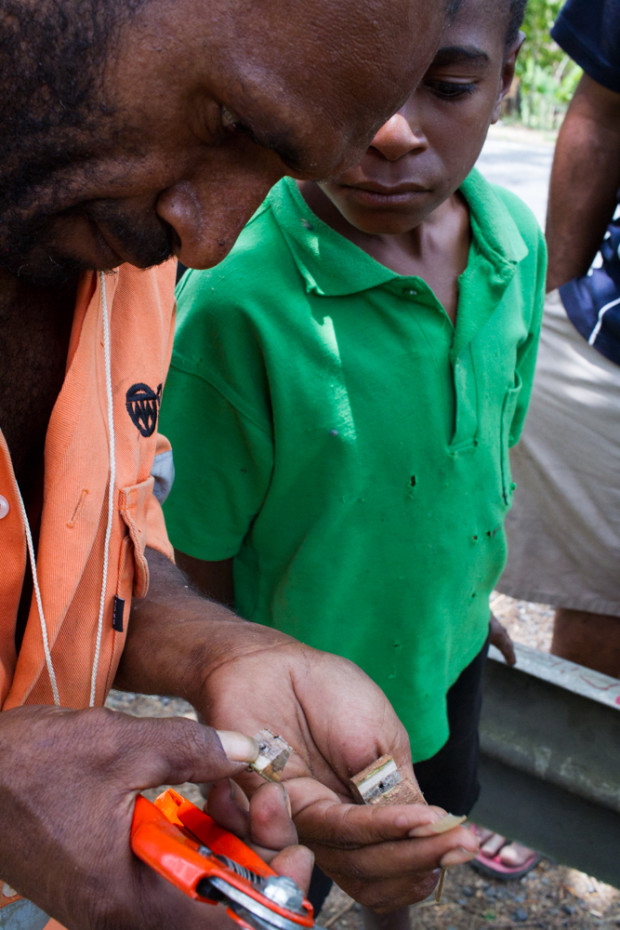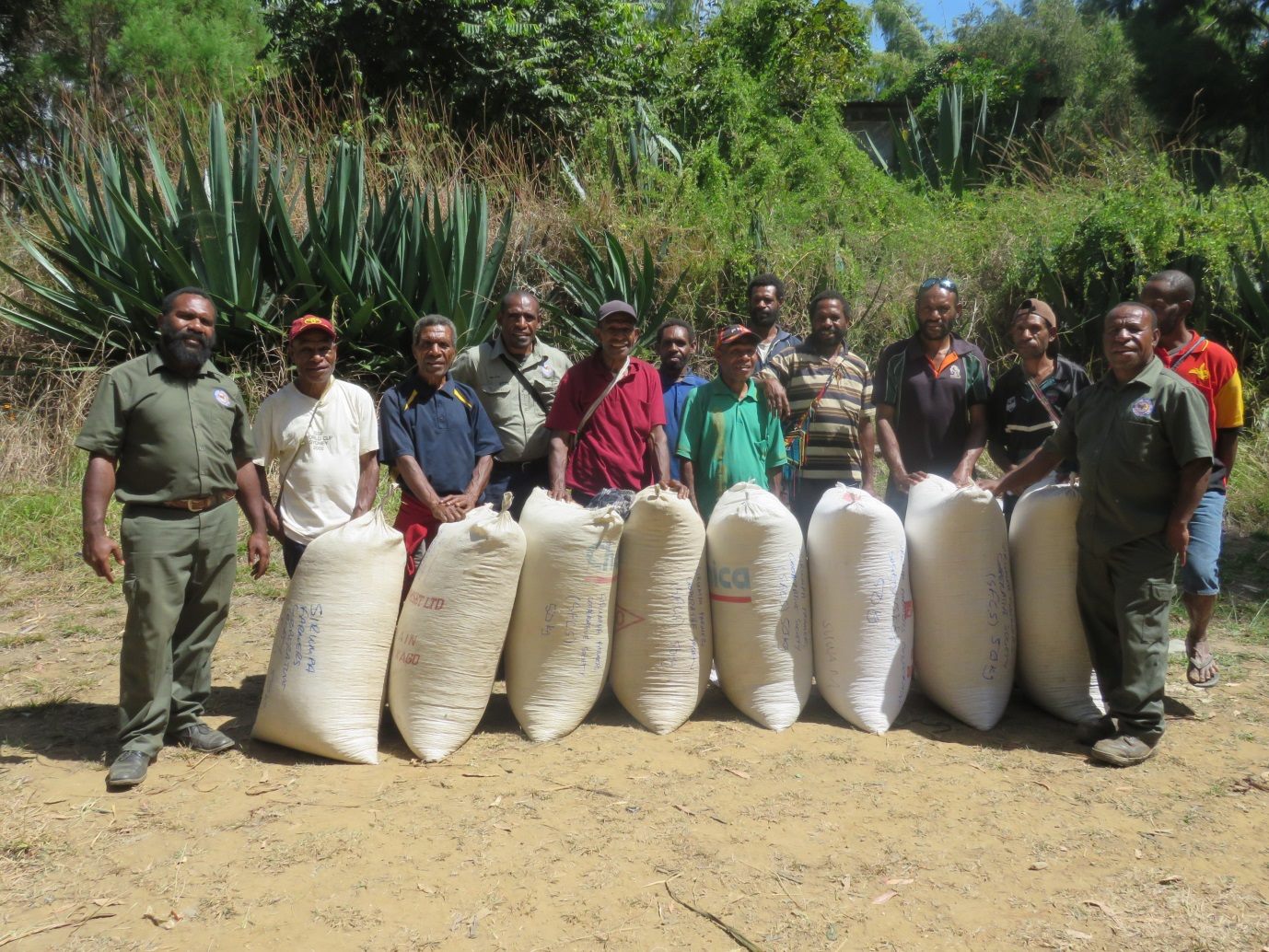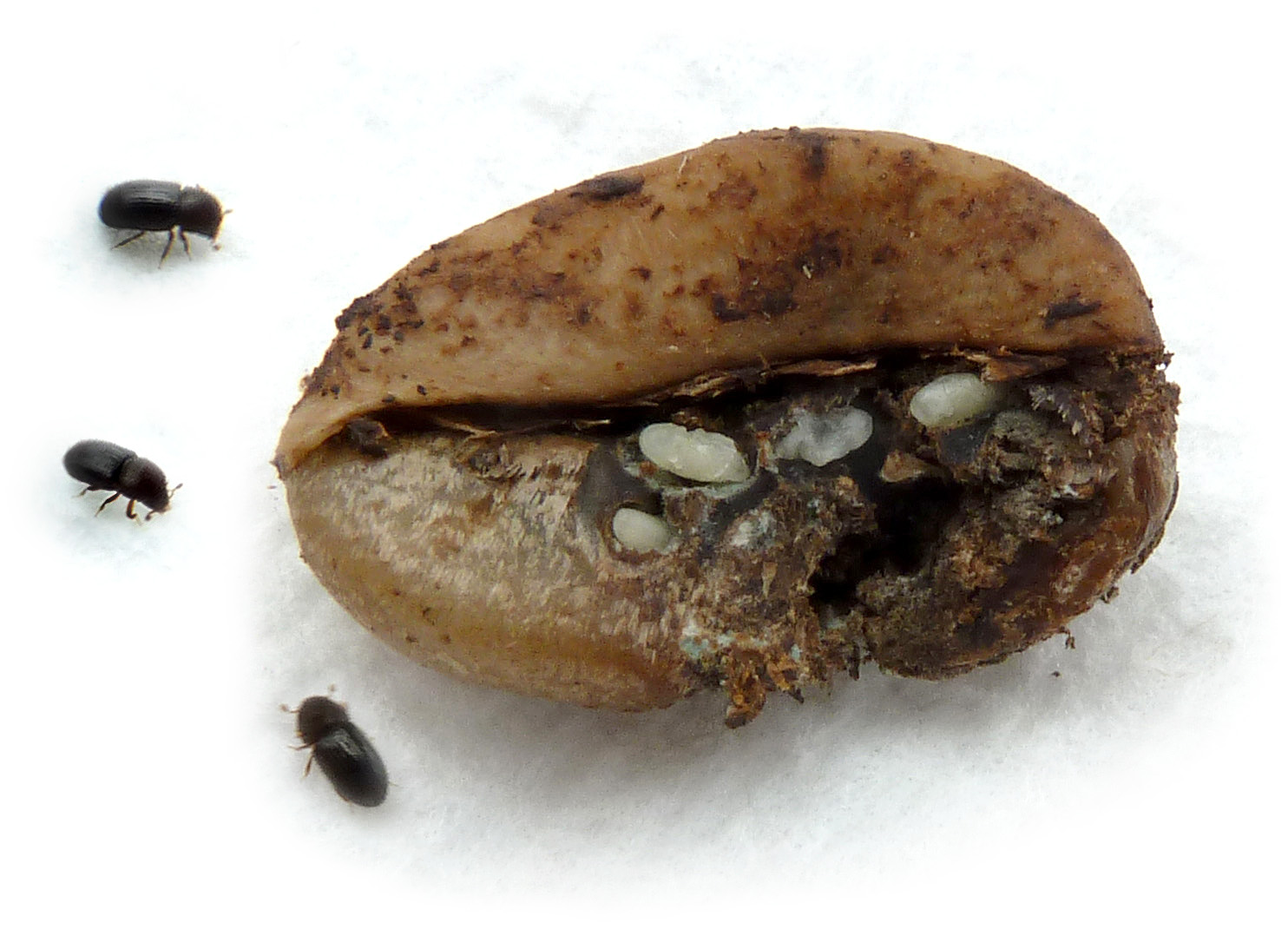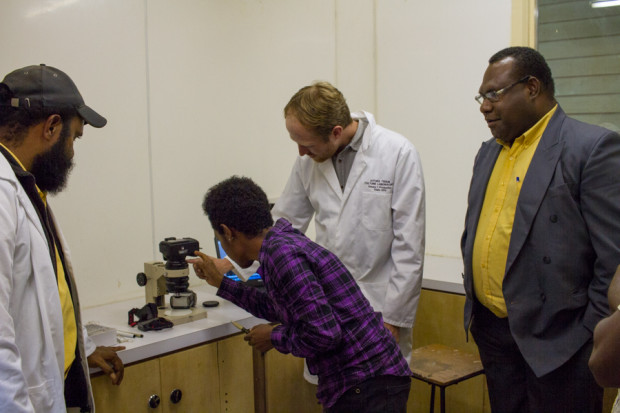Papua New Guinea Coffee
Coffee is the backbone of the national economy in Papua New Guinea (PNG). In 15 of PNG’s 19 provinces, over three million people depend on coffee as the main source of income. Almost half of all rural households grow and harvest it. But when compared to other coffee-producing countries, PNG is unique for one much more important reason: it is not infested with the coffee berry borer.
The Threat
The coffee berry borer (CBB), Hypothenemus hampei, is considered the most damaging insect pest of coffee in the world, capable of destroying 80% of the crop. Every year, the beetle costs $500 million in management costs across the world. The only coffee-producing countries free of the beetle are Nepal and New Guinea. Unfortunately, the beetle is on its way to PNG from Indonesia (see photo). After the berry borer arrives to New Guinea, there may no longer be New Guinea coffee because CBB control measures are too costly for most growers in the country.
Finding Solutions
How do we prevent an invasion of an insect that is almost impossible to identify? Our Emerging Threats to Forests research group at the University of Florida and the Coffee Industry Corporation in Papua New Guinea are starting a collaboration on the prevention of CBB entry to PNG. We have already begun a training program for local extension agents and rural farmers, and have developed a DNA lab for in-country pest identification.
International engagement needed
Coffee in PNG, and in fact the national economy, faces an imminent international pest threat. There is tremendous potential for the engagement of international collaborators, sponsors, and agencies for local development and applied research. Please contact Craig Bateman or Jiri Hulcr if you would like to get involved.
- New Officers Trained to identify Deadly Beetle EM-TV
- Coffee Industry opens new lab Post Courier
- High Tech laboratory for coffee The National
- New DNA Lab to help safe huard PNG’s Coffee Industry EM-TV


